The Nursing Program provides a pathway to a career in the in-demand field of nursing. Students apply directly to the Nursing Program to earn a Bachelor of Science in Nursing (BSN). Graduates of this program will have achieved core competencies for Professional Nursing Education as established by the American Association of Colleges of Nursing (AACN).
The Mitchell Difference
Mitchell College’s nursing program provides a pathway for employment in one of the fastest-growing professions in the United States. Built on our abilities-based model—which teaches adaptability and resiliency throughout the curriculum—the Mitchell BSN is designed to empower and support students from different backgrounds and experiences to pursue work in this rapidly growing, in-demand field.
Preparing dedicated and diverse nurses with the ability to think critically and strategically has shown to produce better outcomes than care received by nurses who possess only an associate degree.
Mitchell College is committed to addressing the critical shortfall of nurses in today’s healthcare system, with a focus on the State of Connecticut. Connecticut currently has more job postings for nurses than for any other job across the state. While there has been an increase in nursing programs in the state over the last few years, the number of qualified nursing applicants has increased exponentially over the same time period. Many programs have waiting lists, creating a need for more nursing programs.
Real-World Skills and Experience
A vital part of the nursing curriculum is hands-on work in our brand-new, on-campus simulation (SIM) lab. Students develop both critical thinking and clinical skills in an interactive instructional environment that connects classroom instruction to real-world experiences. In the SIM lab, students practice, under observation, a range of procedures, from routine to complex, using a combination of high-fidelity and low-fidelity manikins. This is an essential step in honing their skills and applying them in a setting that emulates real life.
Nursing students also complete clinicals (patient-care experiences) starting in their sophomore year, exposing them to a variety of healthcare settings and patient populations. By joining established local partners such as Yale New Haven Health Lawrence + Memorial Hospital, which is just a few blocks away from campus, Mitchell is leveraging the rich resources and opportunities for learning and practice that we have in our local community.
Opportunity and Inclusivity
Mitchell is known for being a community that embraces, celebrates, and supports differences to enable students to realize their own possibilities and explore every side of themselves. The nursing program is no different. The program embodies the foundational principle of person-centered care, with respect for diversity, differences, preferences, values, needs, resources, and the determinants of health unique to the individual.
- A transfer-friendly admissions policy for general education and pre-nursing credits
- A flexible make-up policy so students can participate in enriching activities such as extracurricular activities, such as athletics or performing arts
- Individualized accommodation planning designed to meet students where they are
- An inclusive environment where diversity and uniqueness are celebrated and actively recruited
Targeted Knowledge Areas
-
Person-centered care
-
Population health
-
Scholarship for the nursing discipline
-
Quality and safety
-
Interprofessional partnerships and systems-based practice
-
Informatics and healthcare technologies
-
Personal, professional, and leadership development

Martha E. Kershaw, Ed.D., R.N., C.N.E.
Director of Nursing
Bingham Hall 112A
860-701-7765
kershaw_m@mitchell.edu
EASY APPLY
-
No Waitlist
-
No TEAS Testing
-
Free Application


Mitchell Nursing Program Learning Outcomes
By earning a BSN at Mitchell College a graduate will have achieved the following learning outcomes:
- INTEGRATE knowledge from the liberal arts, sciences, and nursing courses to provide safe nursing care for diverse populations.
- DEMONSTRATE nursing leadership principles to plan and implement patient care within the context of a dynamic, complex healthcare system in a variety of settings.
- APPLY concepts of social justice to plan appropriate, culturally safe care and health promotion for vulnerable populations.
- UTILIZE best current evidence to improve nursing and healthcare practices.
- INCORPORATE concepts of interprofessional collaboration, effective communication, health policy understanding, and technology utilization as members of a healthcare team.
Workforce Information
With serious nursing shortages across the country, this field offers a wide range of employment options and the ability to find openings in almost every corner of the country. This pent-up workforce demand means you get a high return on your investment with finding well-paying employment.
| Annual Median Salary for Nurses in Connecticut | $77,600 |
| Annual Median Salary for RNs in United States | $86,070 (May 2023)* |
| Projected New Job Openings 2022–2032 | 193,100 |
| Typical Entry-Level Education for RNs | Bachelor’s degree* |
| Job Growth outlook for 2022–2032 | 6% (faster than average)* |
Clinical Partners

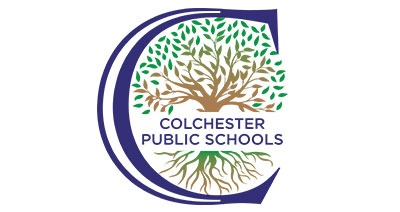
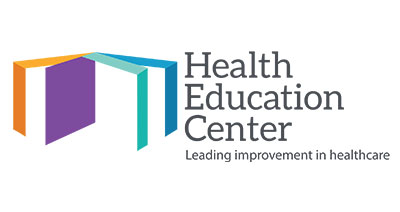
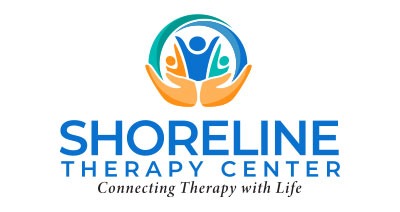
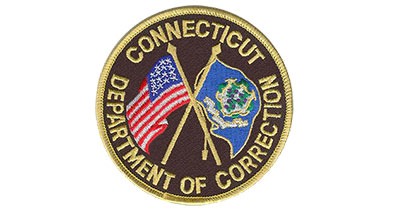
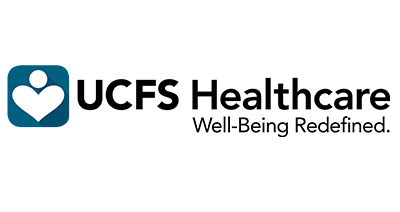
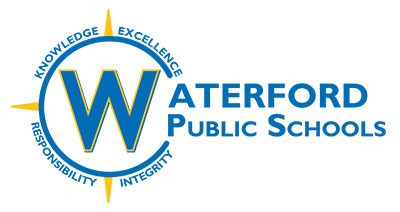
Program Requirements
-
- Successful completion of high school graduation requirements with minimum GPA of 3.0 on an official high school transcript
- 3-4 years of high school science with successful completion of high school Biology and Chemistry with a grade of B or better
- 3-4 years of math (Algebra I and II, Geometry) with successful completion of high school Algebra with a grade of B or better
- Mitchell is test-optional for SAT/ACT
Transfer into the Nursing Program
If there are seats available, students may transfer into the program. The minimum requirements to transfer into the Bachelor of Science in Nursing Program include:
- Minimum cumulative college grade point average of 3.0
- Minimum cumulative college grade point average of 3.0 for science courses
- Essay describing past healthcare experiences, volunteer work, and/or reason for pursuing nursing
Additional considerations for transfer:
- Anatomy and Physiology I and II will be accepted for transfer if both courses were taken at the same institution within the last 5 years with an earned grade of 77% or higher
- No nursing courses taken at another institution will be considered for transfer
- Other credits will be considered for transfer based on Mitchell College’s transfer policy
BSN Coursework: 4-Year Overview
| YEAR 1 | |||
| Fall Semester | Cr. | Spring Semester | Cr. |
| BI105 – Biology I | 4 | BI221 – Anatomy & Physiology I | 4 |
| CW101 – Introduction to College Writing | 3 | CW102 – College Writing/Research | 3 |
| FC101 – Seminar I: Compass | 3 | FC102 – Seminar II: Journey | 3 |
| PY105 – General Psychology I | 3 | CH211 – Organic Chemistry | 3 |
| FC105 – New London: Then & Now | 3 | SO103 – Introduction to Sociology | 3 |
| Fall Credits | 16 | Spring Credits | 16 |
| Total First Year Credits | 32 | ||
| YEAR 2 | |||
| Fall Semester | Cr. | Spring Semester | Cr. |
| BI222 – Anatomy and Physiology II | 4 | BI239 – Microbiology | 4 |
| MA211 – Introduction to Statistical Analysis | 3 | 200-level Humanities | 3 |
| NR201 – Fundamental Knowledge and Scholarship for the Nursing Discipline | 2 | NR210 – Nursing Health Promotion and Maintenance | 2 |
| NR205 – Health Assessment for Reduction of Risk Potential Lab | 3 | NR215 – Skills for Quality, Safety, and Infection Control Laboratory | 3 |
| NR207 – Basic Care and Comfort Lecture | 2 | NR217 – Psychosocial Integrity Lecture | 2 |
| NR208 – Basic Care and Comfort Clinical | 3 | NR218 – Psychosocial Integrity Clinical | 3 |
| Fall Credits | 17 | Spring Credits | 17 |
| Total Second Year Credits | 34 | ||
| YEAR 3 | |||
| Fall Semester | Cr. | Spring Semester | Cr. |
| Humanities Course | 3 | PE226 – Nutrition | 3 |
|
200-level Social Science
|
3 | NR312 – Engaging the Global Community and Interprofessional Health Care Partnerships | 3 |
| NR301 – Pathophysiology for Physiological Adaptation | 2 | NR317 – Acute and Chronic Adult Care Management Lecture | 4 |
| NR302 – Pharmacological and Parenteral Therapies | 3 | NR318 – Acute and Chronic Care Adult Management Clinical | 3 |
| NR307 – Obstetrics, Immediate Newborn Care, and Pediatrics Lecture | 2 | ||
| NR308 – Obstetrics, Immediate Newborn Care, and Pediatrics Clinical | 3 | ||
| Fall Credits | 16 | Spring Credits | 13 |
| Total Third Year Credits | 29 | ||
| YEAR 4 | |||
| Fall Semester | Cr. | Spring Semester | Cr. |
| SC4xx – Ethics in Healthcare | 3 | PY445 – Health Issues in Behavioral Science | 3 |
| NR401 – Nursing Informatics and Healthcare Technologies | 2 | NR411 – Nursing Capstone | 3 |
| NR402 – The Nursing Response to Death and Dying | 2 | NR417 – Professionalism, Management of Care, and Leadership Development Lecture | 3 |
| NR4-7 – Population Health through a Systems-Based Practice Lecture | 3 | NR418 – Professionalism, Management of Care, and Leadership Development Clinical | 3 |
| NR408 – Population Health through a Systems-Based Practice Clinical | 3 | ||
| Fall Credits | 13 | Spring Credits | 12 |
| Total Fourth Year Credits | 25 | ||
| Total Credits to Graduate | 120 | ||

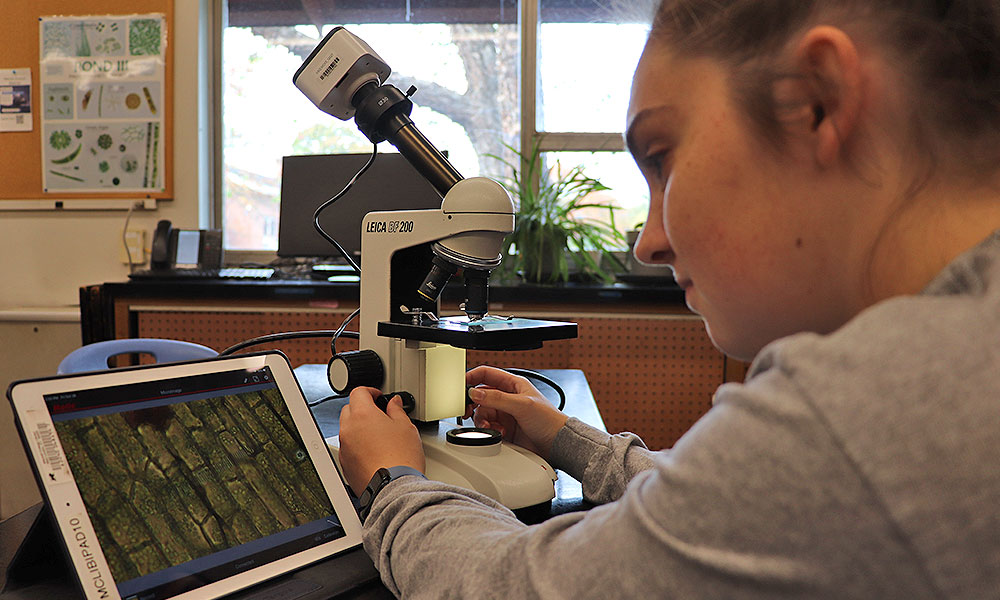
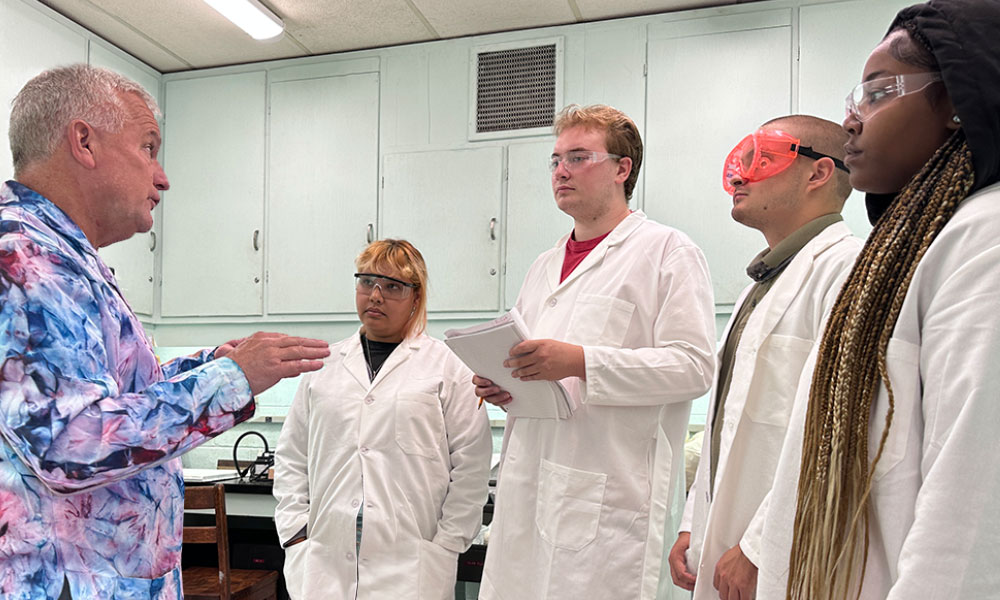
Ready for the Next Step?
REQUEST MORE INFORMATION